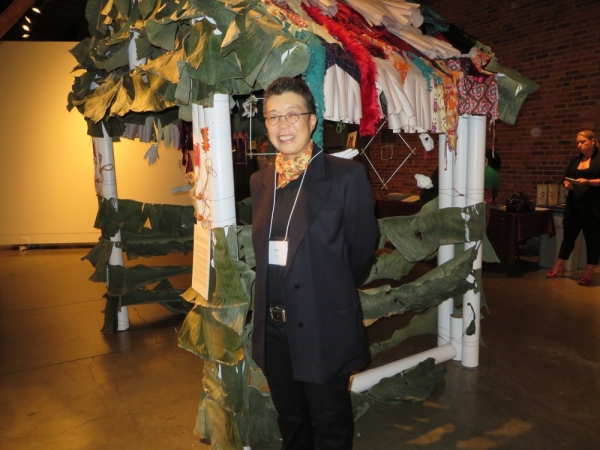By Craig Takeuchi – Published on July 25 2014
Original Article: HERE
AT THE OPENING party of the Queer Arts Festival on July 23 at the Roundhouse Community Centre, Vancouver Mayor Gregor Robertson gave a quick recapitulation of the struggles for LGBT rights and issues that Vancouverites took part in over the past year.
In his speech to attendees, Robertson spoke about how councillor Tim Stevenson advocated for LGBT rights in Sochi and talked about the gains made locally for transgender people.
“We’ve been thrilled to have our park board commissioner Trevor Loke create the first transgender and gender variant working group at the Park Board looking at our community facilities around the city and our parks,” he said to the audience, “and [are] really proud of our city school board, which is led by Patti Bacchus, and [who] have done an enormous amount of work standing up for our kids, queer kids in our schools. It’s been a really tough, tough battle, fighting a lot of hatred and a lot of bullying, and we have persevered and we do have some really strong policies in our schools now to look after our kids going forward.”
He went on to talk about what role the arts play in facing these challenges.
“This is, I think, what really recharges us all. The arts are so crucial to inspire and motivate us, and replenish us, because it’s not easy out there. It’s a tough world at times and we’re just thrilled to be able to have the Roundhouse full of all of this beautiful art, and the activism, the passion, the important rights that we all stand for represented so well here.”
The idea of replenishment synchronized perfectly with the festival theme: ReGenerations.
The festival takes its name from the Nazi term “Degenerate Art”, which posited art by the avant-garde, and Jewish and queer people as threats to society. The festival reclaims the idea that art can be challenging as a way to transform and regenerate society.
This year’s festival highlights cross-generational collaborations between artists from numerous countries, including Australia, Brazil, the Cree Nation, Guatemala, Hong Kong, India, Iran, Mexico, the Philippines, Russia, South Africa, Trinidad, Zimbabwe, and more.
This year’s visual art exhibit, which ranges from photography and video work to installations and mixed media, emphasizes the global outlook of the festival with its title: Queering the International.
Interdiscplinary artist Laiwan, who curated the exhibit with assistant Anne Riley, told the Georgia Straight that the opening event was her first chance to take in the exhibit as a whole.
“What’s really exciting for me is to now stand back and look at how the works speak to each other because I haven’t had the opportunity to see them together in one space,” she said. “I’m hoping new conversations come out of this, particularly to enliven Vancouver.”
Laiwan observed that many of the queer artists in the exhibition are expanding their outlook, by addressing subjects such as ecology or indigenous issues, that aren’t often connected to queerness. She noted that intersectionality is a recurring element of many of the art works.
“I think what’s really interesting is to see how different queer artists make all different work and yet they all come from a very similar place of wanting a new consciousness or a new liberation and also to push what we understand as queer.”

